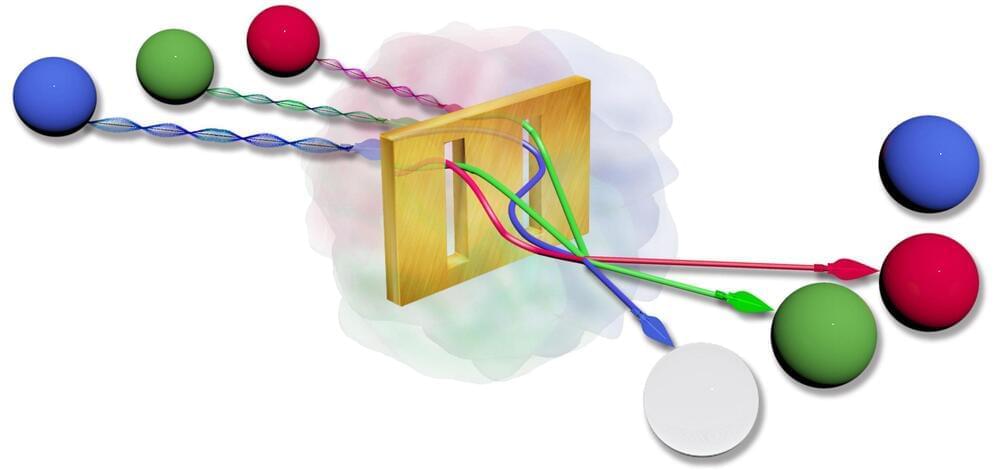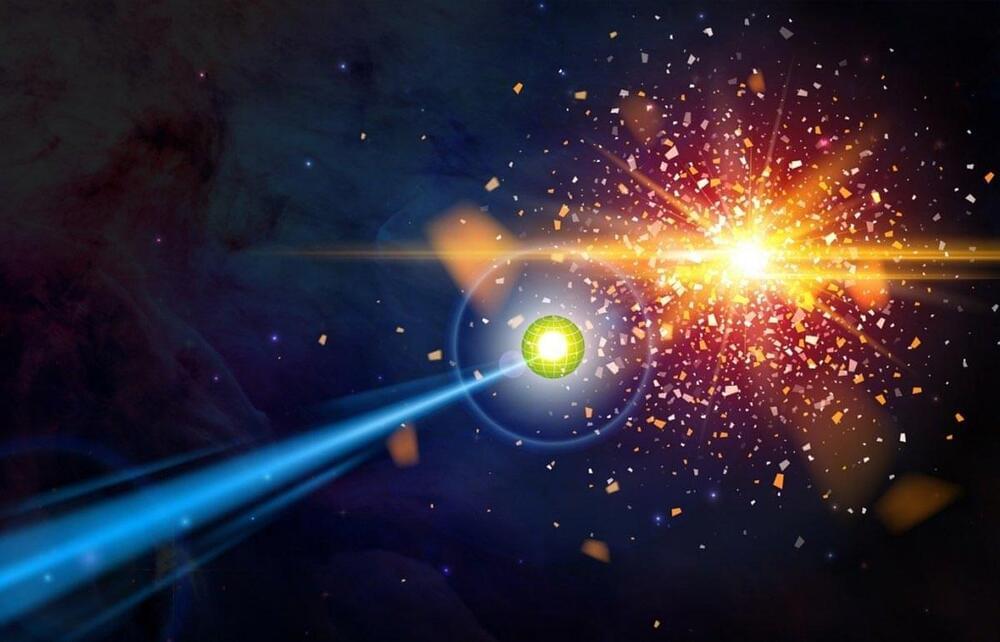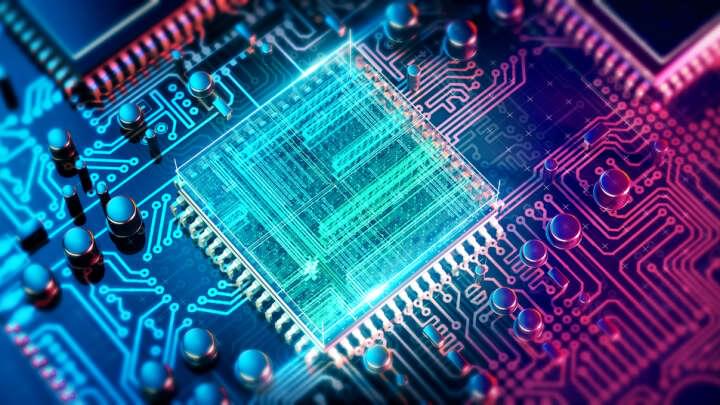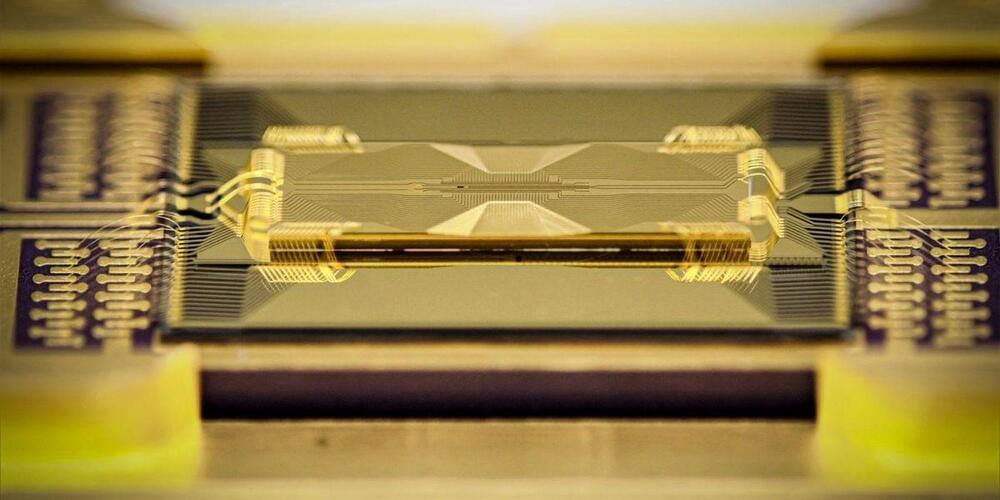Maryland-based IonQ has unveiled a new kind of chip in its quest to scale up its type of quantum computer technology. Its computers calculate using the quantum states of ions electromagnetically trapped in the space near a chip. Previous traps were made using silicon chipmaking processes, but the company has now switched to an evaporated glass trap technology—a way of constructing micrometer-scale features in fused silica glass often used to make microfluidic chips. Its previous trap technology, the company says, could not have supported IonQ’s new quantum architecture, which is based on multiple chains of ion-based qubits. Ultimately, IonQ executives say, the glass chip’s reconfigurable chains of ions will allow for computers with qubits that number in the triple digits.
“The purpose of an ion trap is to move ions around with precision, hold them in the environment, and get out of the way of the quantum operation,” explains Jason Amini, who led the evaporated glass trap team at IonQ. The 3D glass and metal structure Amini’s team constructed does all three better than its previous chips could, Amini says. Stray electric fields from charge on the silicon-based chip could destabilize the ions’ delicate quantum states, reducing the fidelity of quantum computation. But the evaporated glass design “hides any material that could hold charge,” he says. The effect is a more stable trap that computes better.
Another advantage, Amini says, is that the trap could be shaped to “get out of the way” of quantum operations. In an ion trap computer the ions’ quantum states are manipulated by zapping them with lasers. “We have to bring a lot of laser beams over the surface,” says Amini. The glass chip is “shaped to allow lasers to come through and address the device.”









